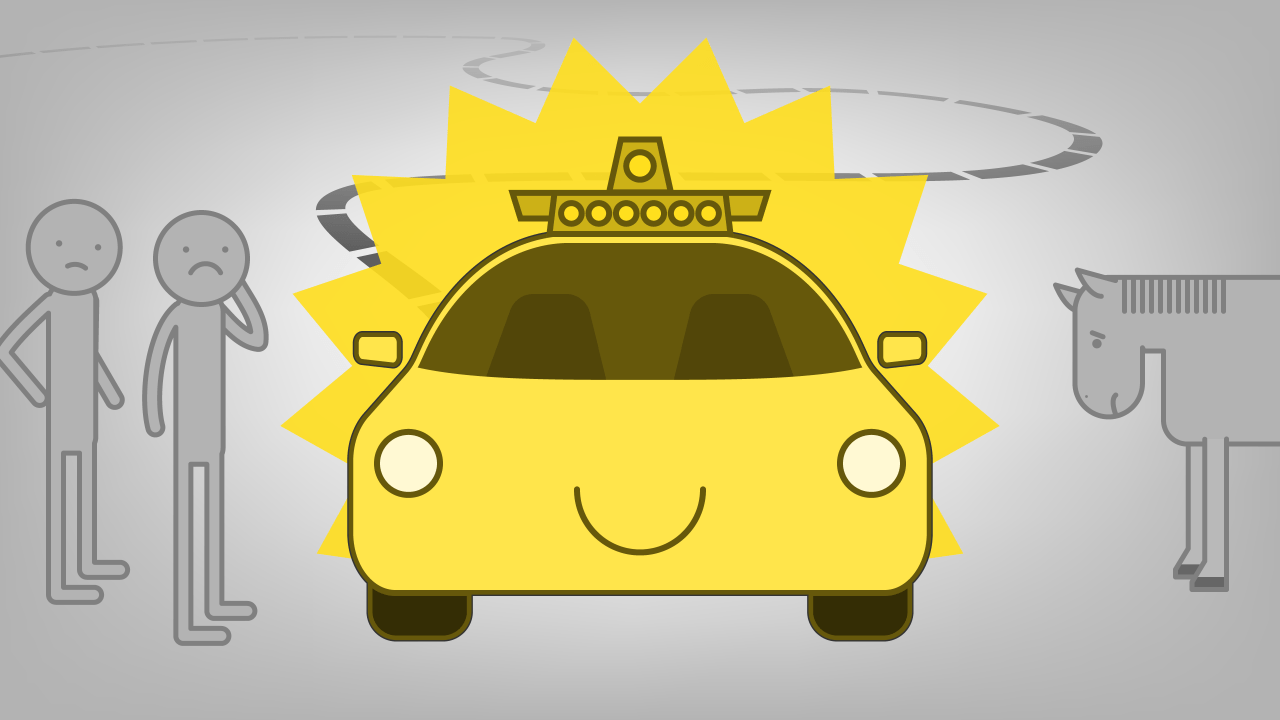The advent of self-driving technology, spearheaded by companies like Uber, has opened up a fascinating yet unsettling era. Self-driving cars hitting the roads presents us with immense technological progress, yet it raises significant questions about the future of employment for millions of drivers. As we accelerate into this self-driving reality, we must grapple with the societal repercussions that may unfold over the next two decades.
The Unfolding Landscape of Autonomous Transportation
As self-driving vehicles become commonplace, the impact on traditional drivers, particularly those working for ride-sharing platforms and long-haul trucking companies, poses a serious challenge. With an estimated 1 million drivers relying on Uber alone, along with 3.5 million truck drivers in the U.S., the ramifications extend far beyond the automotive sector. As convenience levels up for tech-savvy consumers, various workers face an uncertain future.
Implications for Employment
While these changes won’t be ushering in mass unemployment overnight, the gradual introduction of autonomous vehicles means that many will find their roles drastically altered. Could new job opportunities emerge? Certainly. Yet skeptics argue that the skill sets required for these future roles may not align with those of the current low-skilled labor force.
The Historical Perspective
This scenario mirrors previous technological shifts, notably the laws of displacement seen with the introduction of the automobile. The horse-and-buggy industry faced a similar extinction, yet the narrative didn’t pivot towards improving jobs for equines; rather, it reshaped the workforce entirely. Rephrasing that irony can lead one to question—will technology create better jobs for the displaced human workers?
Socio-economic Challenges Ahead
As self-driving technology balances cost-efficiency with productivity, the economic landscape may experience a wealth concentration, rolling up earnings from jobless drivers to technology firms and investors. In a society where capital is increasingly possessed by a select few, how do we address the rising inequality? This potential shift could create a scenario reminiscent of dystopian paradigms depicted in historical Marxist narratives, where the divide between the tech elite and the labor class widens even further.
Preparing for the Future
In light of these realities, we must adopt a proactive approach to education, job training, and workforce transition. The next wave of leaders must acknowledge this challenge openly and endeavor to devise strategies to minimize disruption. A robust framework for adaptive learning and skill acquisition must be established to prepare workers for an economy where technology seemingly replaces labor on a broader scale.
Rethinking Work and Capitalism
As we navigate through these uncharted waters, we must prioritize deeper conversations about the principles of capitalism. Should every individual have a full-time role, especially in a world where jobs vanish faster than they can be replaced? The concept of wealth redistribution deserves exploration to prevent systemic inequities from festering, but it must be carefully balanced to avoid inefficiency.
Additionally, we must consider the psychological ramifications of these shifts. If individuals have historically gauged their worth by their employment, how will a transition to redistributive wealth impact identity and self-esteem?
Conclusion: Towards a Balanced Future
The arrival of self-driving technology provides innovative advancements that can simplify everyday life, yet the questions surrounding job displacement remain pressing. By proactively addressing potential employment shifts and fostering a dialogue around capitalism in the digital age, we can prepare for the inevitable changes ahead.
At [fxis.ai](https://fxis.ai), we believe that such advancements are crucial for the future of AI, as they enable more comprehensive and effective solutions. Our team is continually exploring new methodologies to push the envelope in artificial intelligence, ensuring that our clients benefit from the latest technological innovations. For more insights, updates, or to collaborate on AI development projects, stay connected with [fxis.ai](https://fxis.ai).

